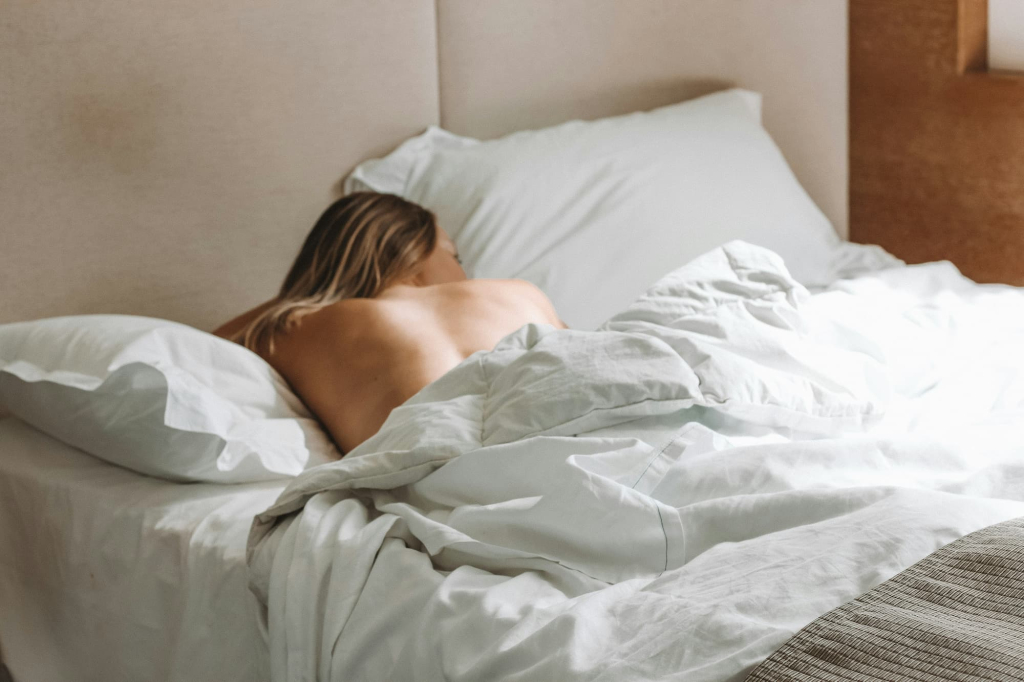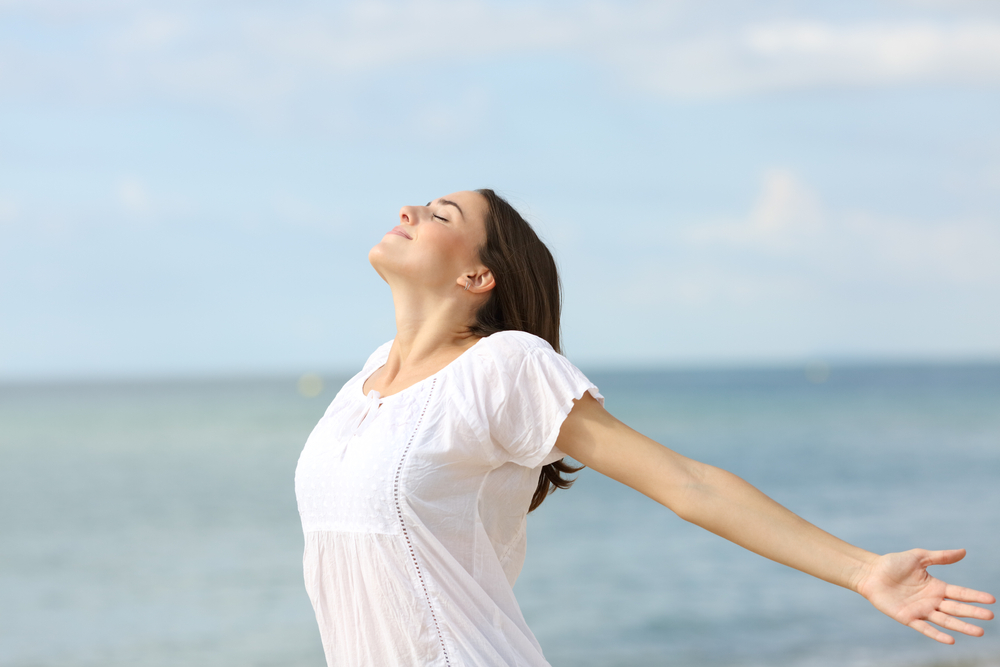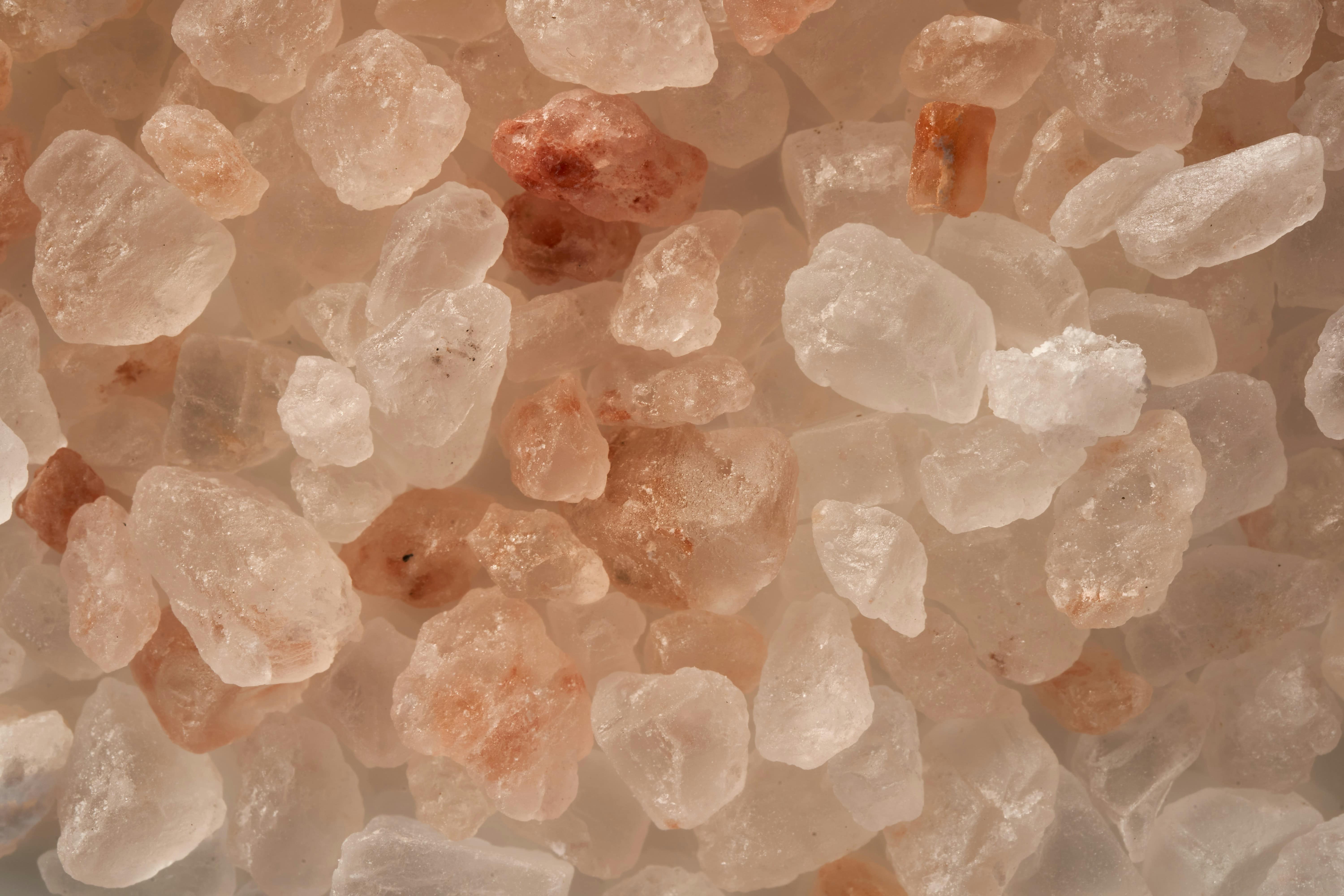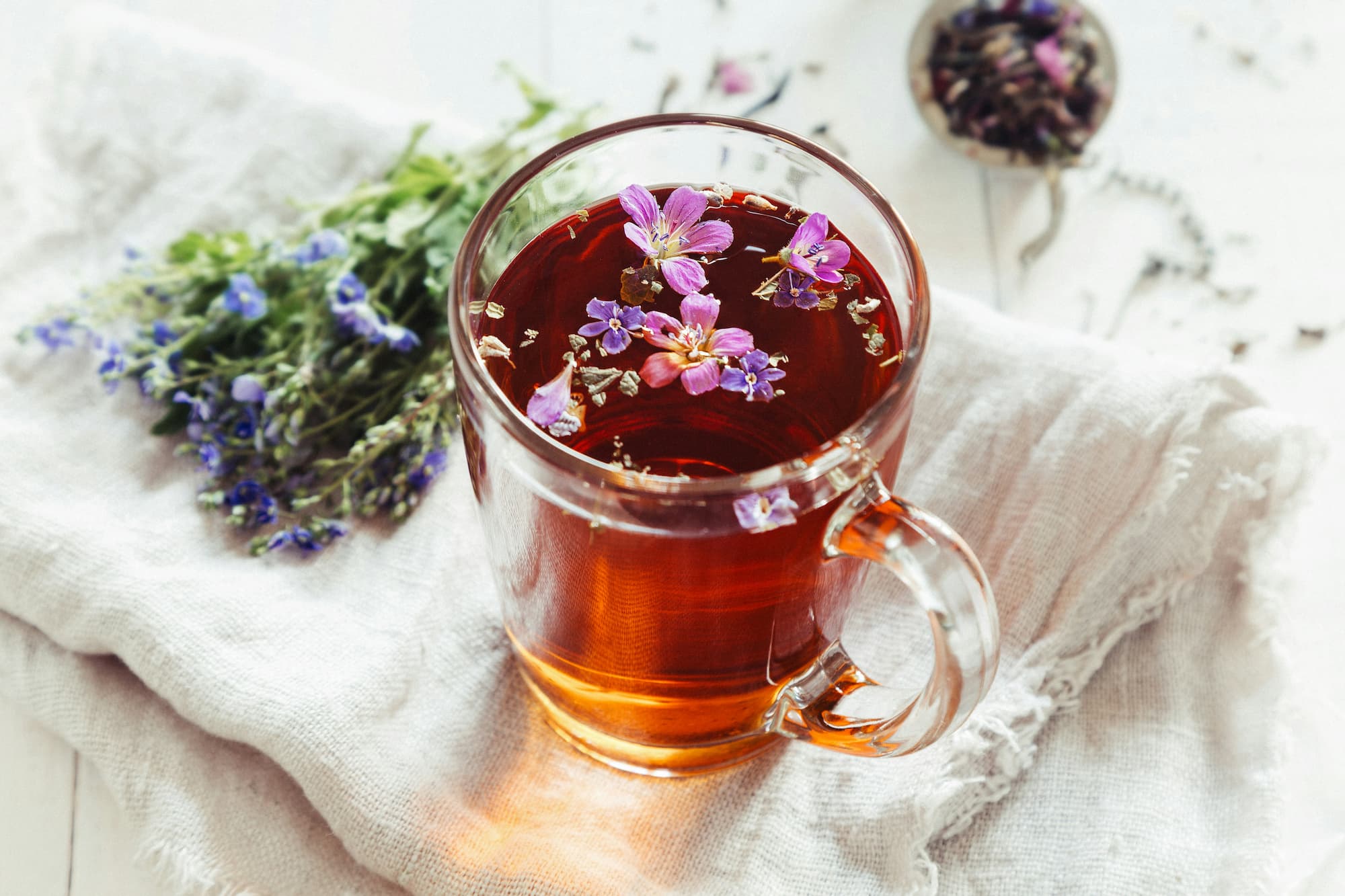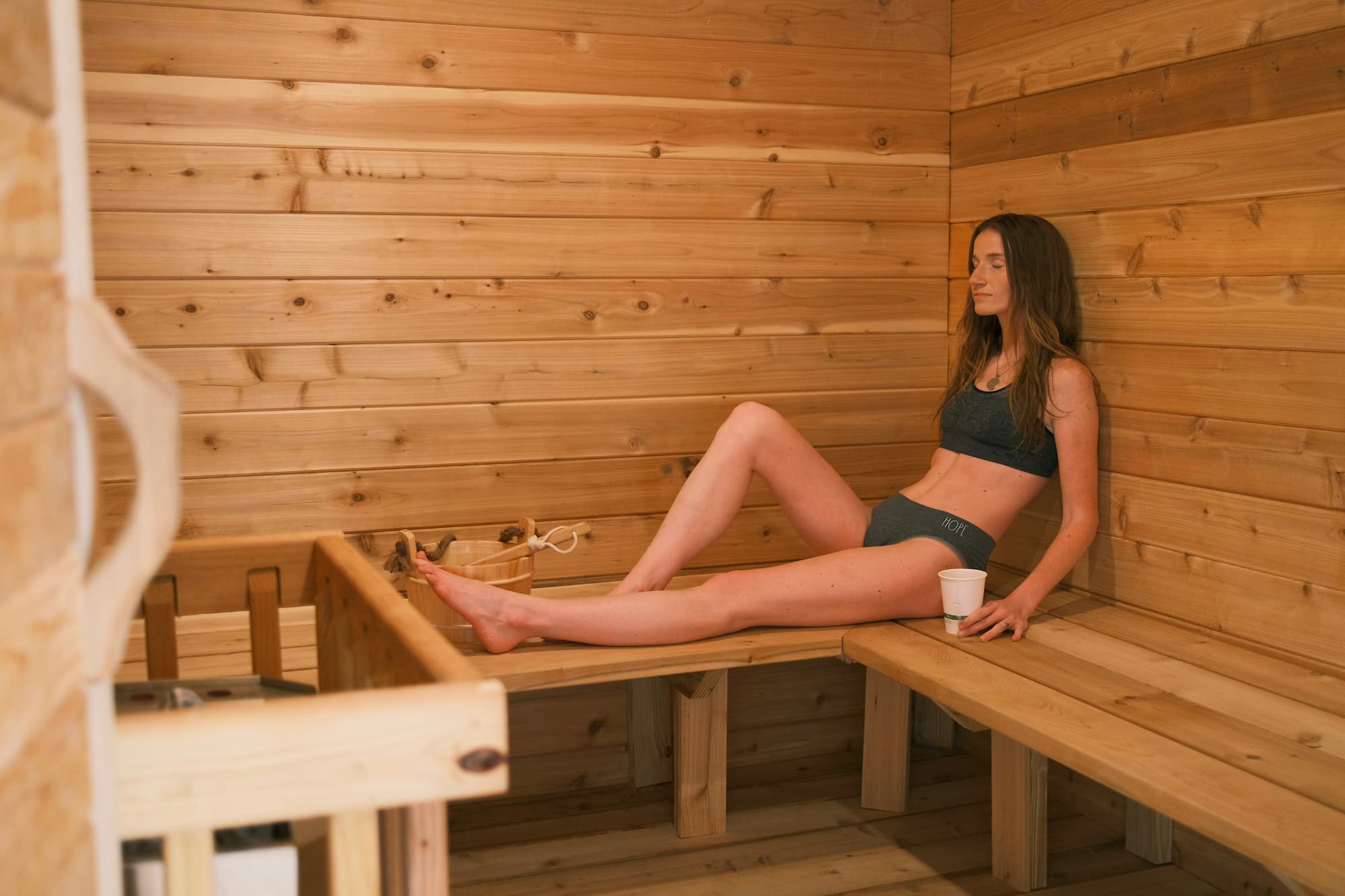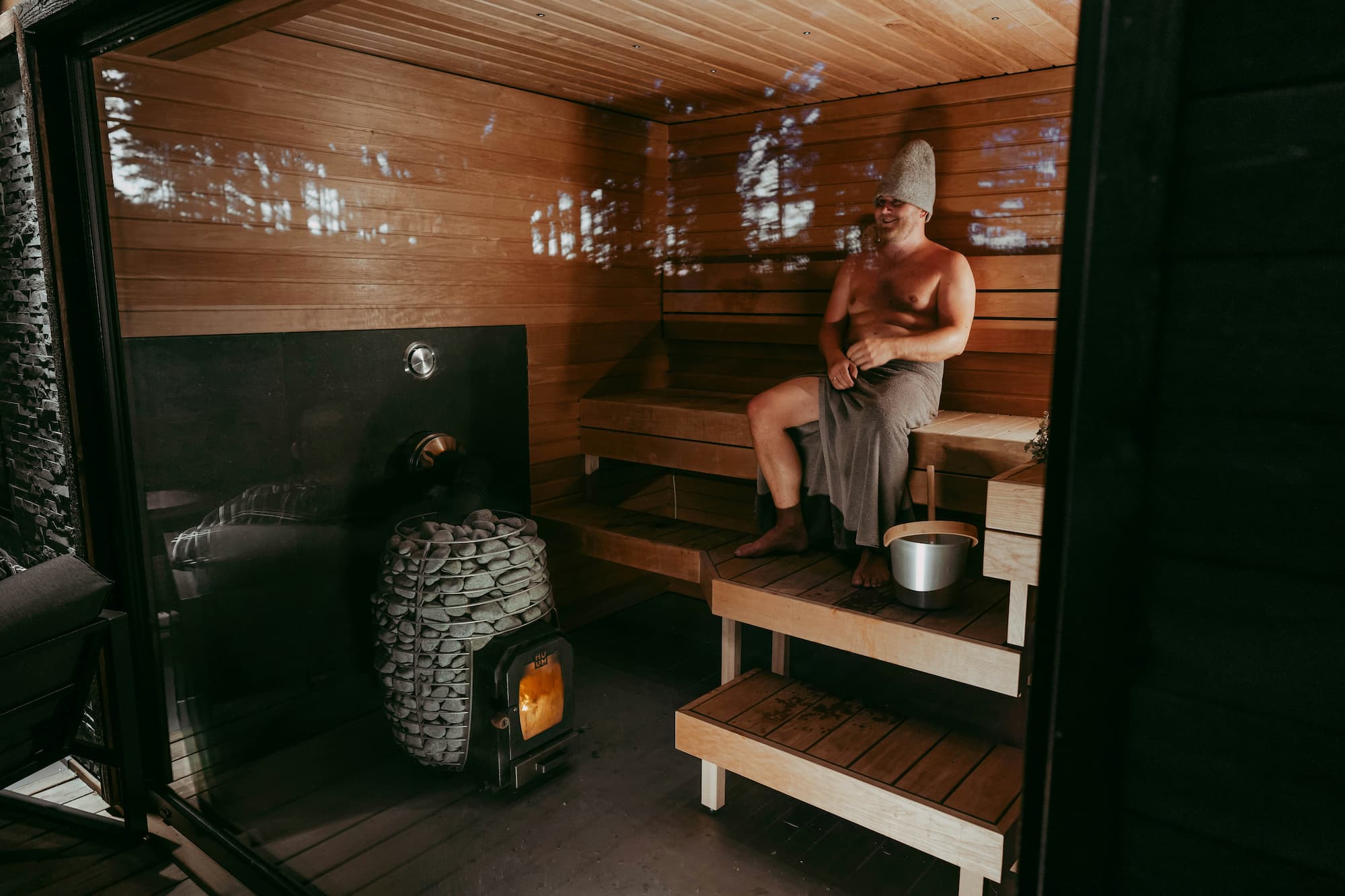How can cold exposure affect your sleep?

Cold exposure can contribute to better sleep through various physiological mechanisms triggered by the body’s response to cold water immersion.1, 2, 3 Here’s how:
1) Activation of the parasympathetic nervous system
Cold water immersion activates the parasympathetic nervous system, promoting rest and recovery. This activation helps counterbalance the sympathetic nervous system, responsible for alertness and strength. The interaction between these two systems helps maintain a balance, leading to a calm and relaxed state.
2) Hormonal regulation
Exposure to cold water induces the release of hormones such as adrenaline, norepinephrine, cortisol, endorphins, dopamine, and serotonin. These hormones play essential roles in regulating various bodily functions, including the sleep-wake cycle.
3) Temperature regulation
Exposure to cold water prompts the body to conserve energy and maintain warmth, leading to increased metabolism. The subsequent drop in body temperature after cold exposure can signal to the body that it’s time to rest, potentially facilitating the initiation of sleep.
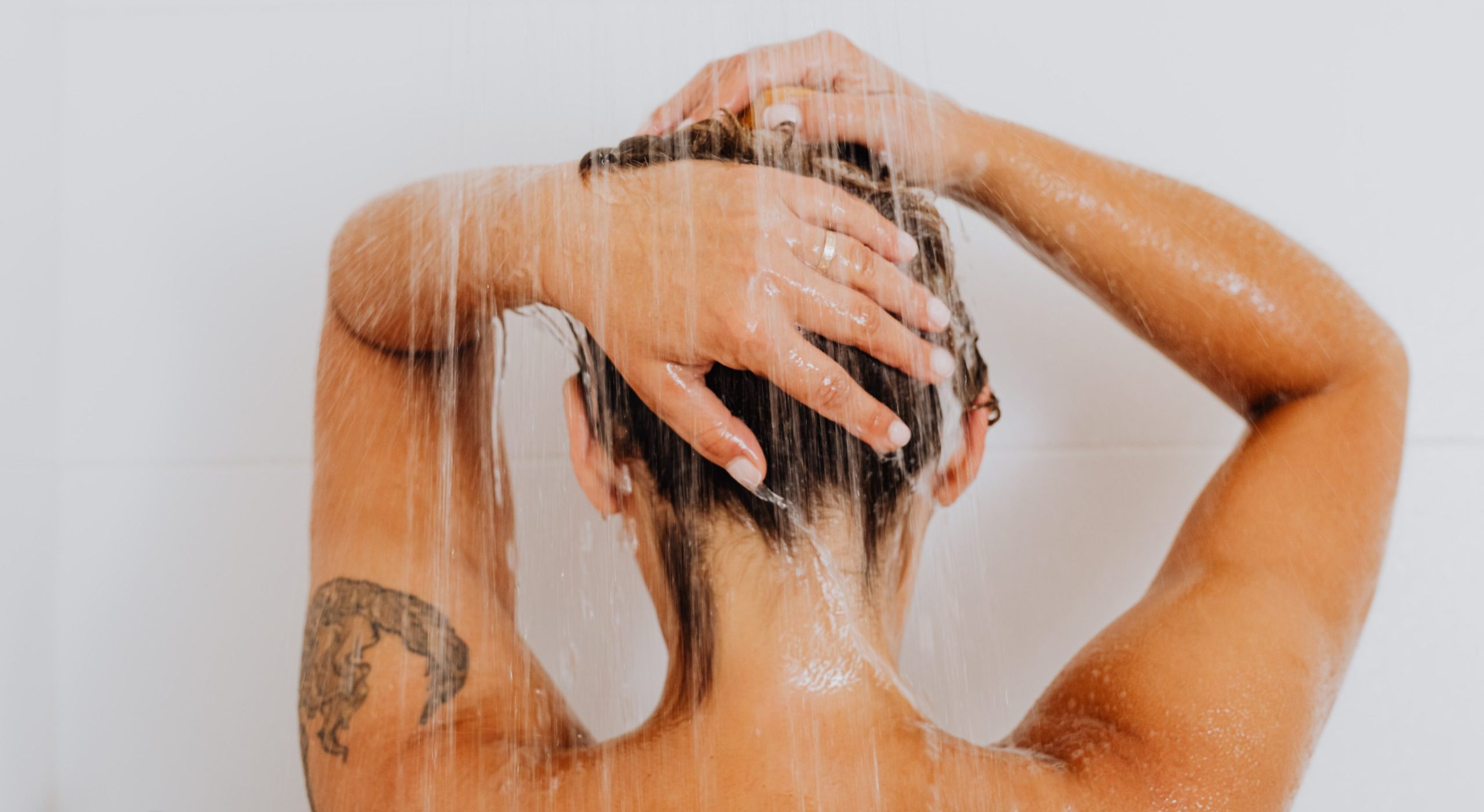
4) Reduction in inflammation
Cold water immersion has been associated with reduced inflammation. Cortisol, released in response to cold exposure, plays a role in relieving stress and has anti-inflammatory effects. This may be particularly beneficial for individuals dealing with conditions such as arthritis or atherosclerosis, contributing to a more relaxed
5) Relaxation response
The initial stress response, including hyperventilation and increased heart rate, is followed by a calming normalisation of breathing and reduced pulse rate. This relaxation response induced by cold water immersion can create a meditative state, promoting a sense of calmness and tranquillity conducive to sleep.
How can heat exposure help with better sleep?

Similarly, heat exposure, like taking a hot bath prior to sleep, can make it easier to fall asleep.1, 2, 3
1) Melatonin production
Heat exposure helps regulate the body’s circadian rhythm, increases melatonin production, and promotes relaxation.
2) Cortisol and stress reduction
Heat exposure leads to muscle relaxation and increased blood flow, reducing cortisol levels associated with stress. Sauna treatments have been shown to decrease cortisol levels, promoting relaxation and tension relief.
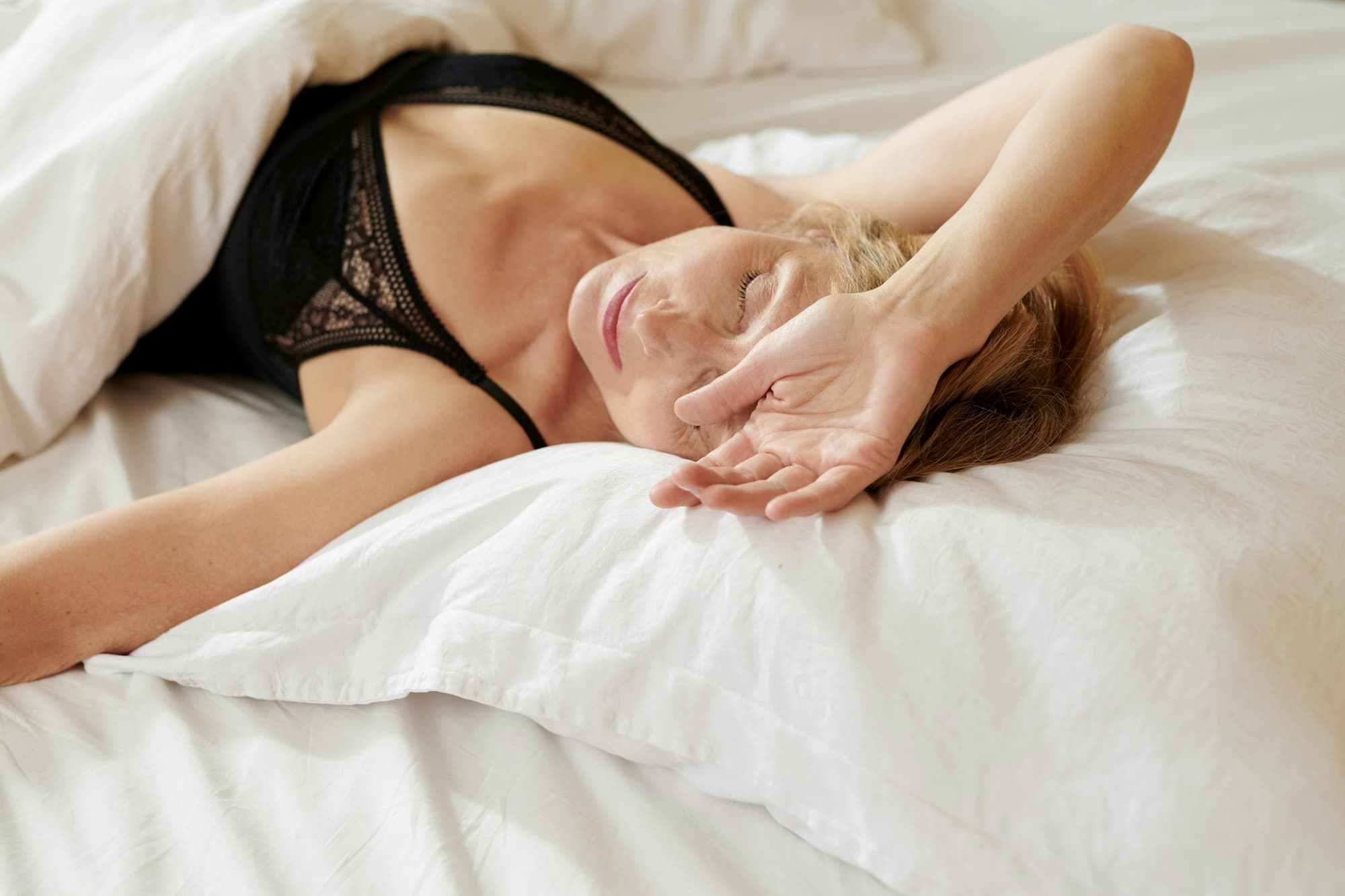
3) Endorphins and oxytocin release
Exposure to heat triggers the release of endorphins, the body’s natural painkillers and mood enhancers. This natural high promotes feelings of euphoria, reduces pain, and induces relaxation, contributing to improved sleep quality. Heat exposure therapy also increases the release of oxytocin, the “love hormone,” promoting feelings of relaxation, happiness, and connection.
4) Prolactin release
Heat exposure triggers the release of prolactin, associated with relaxation and stress reduction, contributing to a sense of calm.
Tips on how to improve your sleep with cold and heat

For cold exposure:
1) Begin with a habit of cold showers, starting with a short duration and gradually increasing it.
2) Consider cold water therapy, especially in the afternoon, to allow body temperature normalisation before sleep.3
For heat exposure:
1) Take a hot bath or shower in the evening, roughly 1-2 hours before bedtime to allow for the core temperature to drop after.4,5
2) Use saunas with moderate, safe exposure times, again not immediately before sleep, to avoid overheating.6
